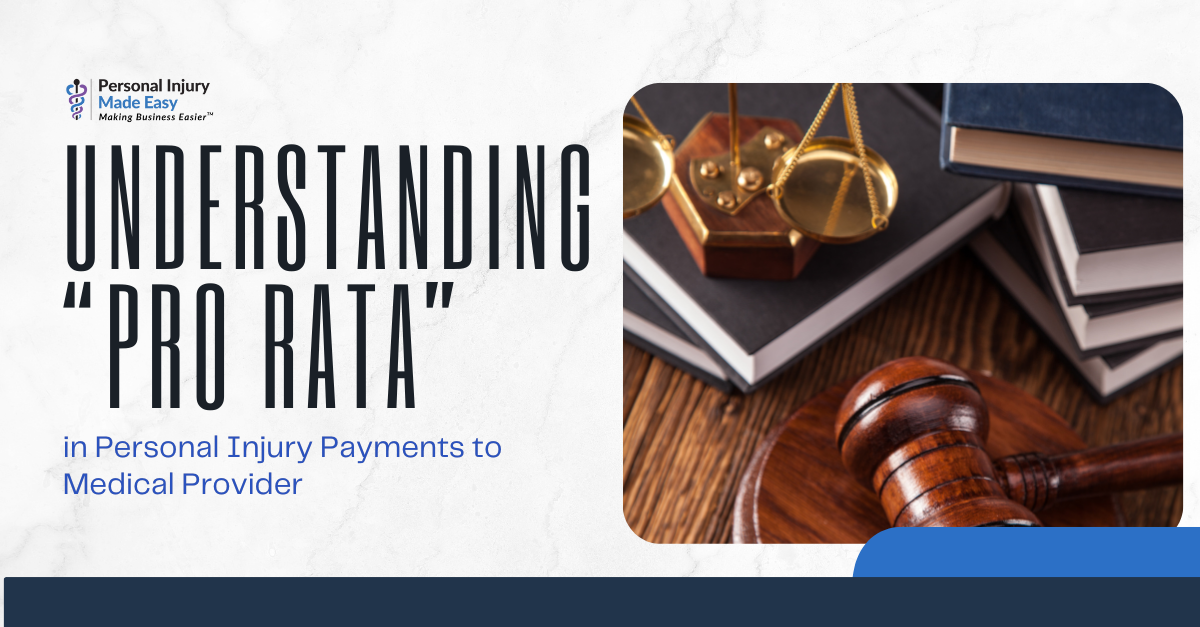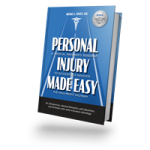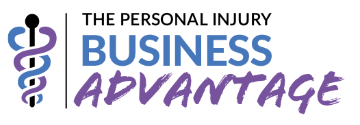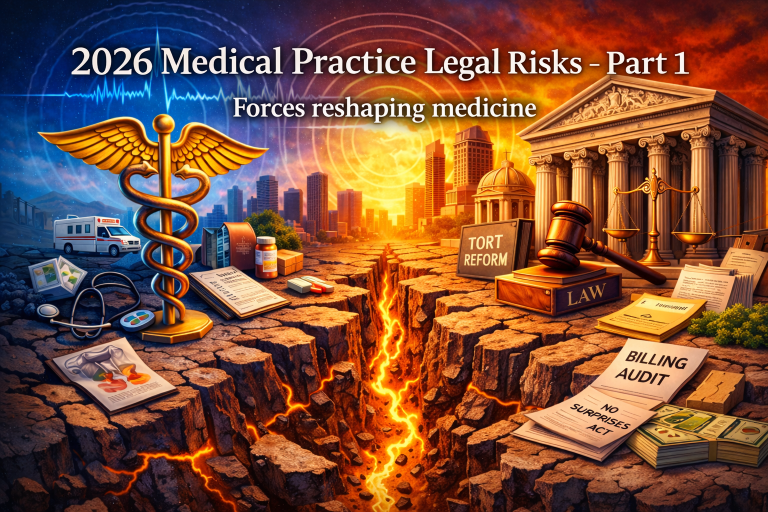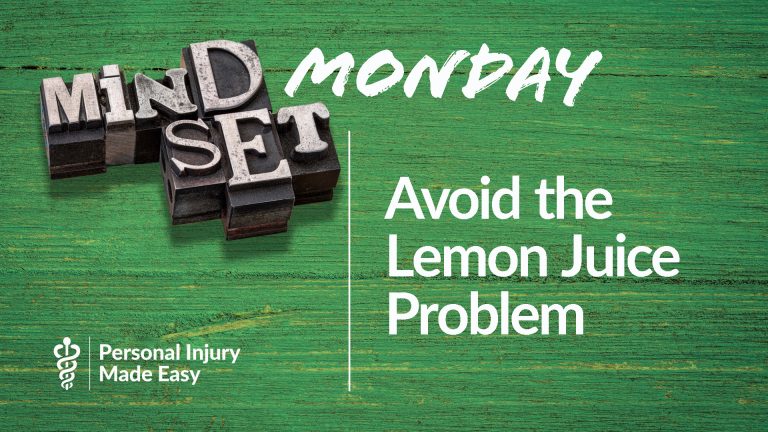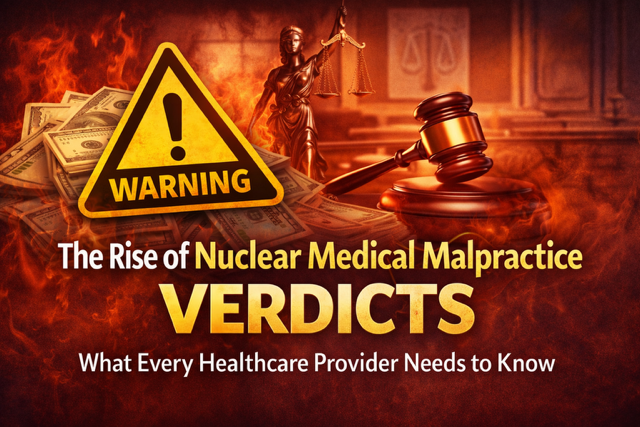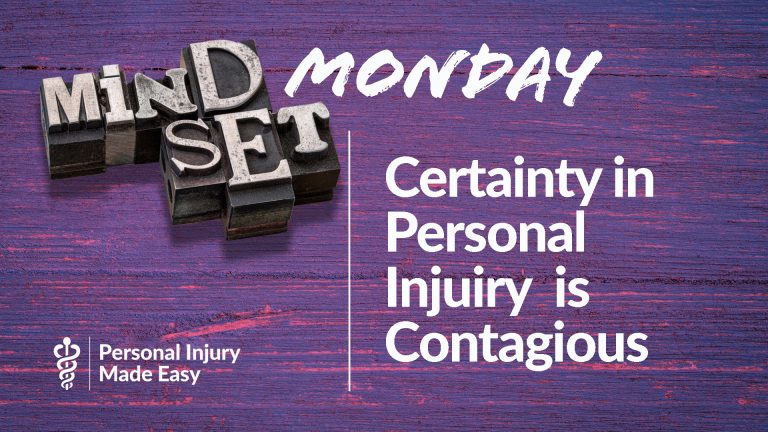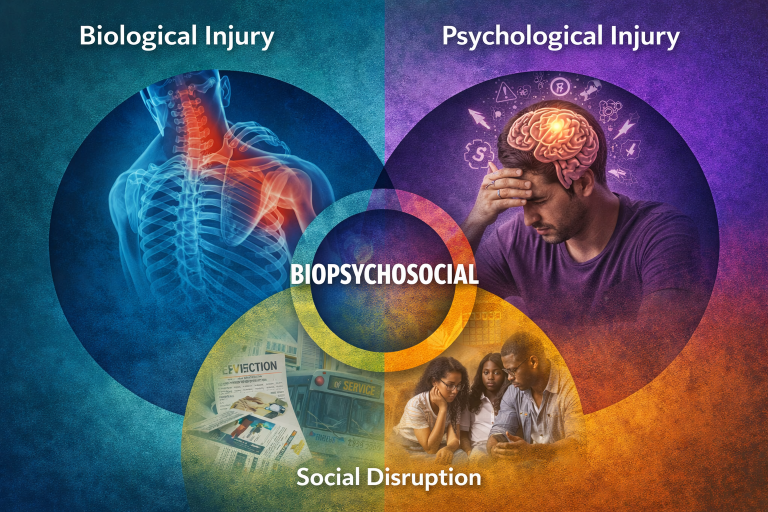
Difficult Communications in PI, Part 1: Fear Less
Why winning in PI starts in your head—not in the conversation
In the world of PI, communication and getting paid is a contact sport. Words matter. Tone matters. Timing matters. This is Part 1 of a two-part series to help you communicate with the difficult people you will encounter in the personal injury space. Part 2 will cover a few specific strategies you can employ to help you achieve your objectives in those communications.
But before you say a single word—whether drafting an email, picking up the phone, or walking into an office—you need to win the first and most important battle.
The one inside your head.
Because no matter how sharp your scripts are or how tactically sound your responses may be, your mindset will make or break the outcome.
Whether you’re dealing with law firm staffers demanding discounts, adjusters denying service charges, defense attorneys nitpicking documentation, or even PI patients questioning care—the mental game comes first. And it’s not optional. It’s essential.
The Battle Is Internal Before It’s External
This foundational truth was the opening premise of my Negotiations Aikido series—tagline: “Because getting paid in PI is a contact sport.” In my Business Advantage Coaching Program, we even dedicated an entire month to this concept alone.
Why? Because difficult people aren’t rare in PI, they’re standard issue. If you’re in this field long enough, friction isn’t a possibility, it’s a guarantee.
And if your internal stance is shaky, every challenge will feel like an assault. Every objection will feel personal. Every payment delay will feel like disrespect.
That’s why before you speak, you must take a stand. Mentally. Emotionally. Professionally.
What Does the Right Mindset Look Like?
It begins with this fundamental principle: You are a professional.
You are no worse—and no better—than the person across the table, screen, or phone. Don’t let a legal title, aggressive tone, or manipulative tactic throw you off-center. In fact, many professionals in PI wield those very tactics to create power imbalances—intimidation, confusion, and condescension are their weapons of choice.
But here’s the truth bomb they don’t want you to internalize:
You are more valuable to the PI case than they are.
It’s your diagnosis that defines the injuries.
It’s your documentation that establishes causation and supports pain and suffering assertions.
It’s your treatment that helps and likely heals the injured person.
And it’s you’re billing that helps build the medical damages for a financial recovery.
Without a treating provider, there is no case—no value, no claim, no damages. An attorney might negotiate a settlement, but you and your patient are the foundation for PI recovery.
That’s not a side role. That’s not a support act. That’s the center of the personal injury pain and suffering story.
Future-Proofing Your Mindset
Still not convinced?
Let’s fast-forward. Imagine a not-so-distant future where artificial intelligence allows injured parties to resolve minor PI claims without attorneys. It’s coming. Settlements will get simpler, and some legal tasks will get automated.
But you know what won’t get replaced?
You.
AI can’t treat and heal people. AI can’t testify at deposition or in court. AI can’t lend credibility to a subjective pain complaint with an objective clinical finding.
The legal system may evolve, but it will still require you to legitimize the injury, justify the care and provide support for your patient’s pain and suffering journey back to health following a traumatic event affecting that unique patient, uniquely.
So, stop treating yourself like you’re lucky to get paid. Stop apologizing for doing your job. Stop letting others define your value.
Step into Conversations with Conviction
This is what mindset mastery sounds like in PI:
- “I’m not here to defend my care: I’m here to stand behind it.”
- “I don’t chase payment: I uphold the value I provide.”
- “I’m not desperate: I’m essential.”
Because you’re not just another provider, you are a licensed, trained professional operating in one of the most litigious and scrutinized fields in healthcare. That means your words, your notes, your presence, and your posture matter.
The Mindset Foundation
So, before we jump into tactical tools in Part 2, and before I teach you what to say and how to say it, you must build this mindset foundation:
- Truth over fear.
- Value over validation.
- Professionalism over apology.
When you stand tall on the inside, no tactic, title, or tone on the outside can knock you down.
Master your mindset first. Because the real work in PI communication doesn’t start with your mouth. It starts with your head. It starts in your own mind.
And when your mindset is unshakable, your message becomes unstoppable.
Stay tuned for Part 2!




